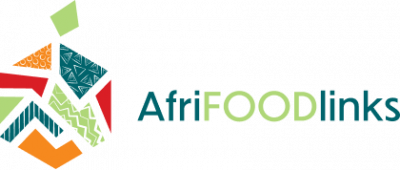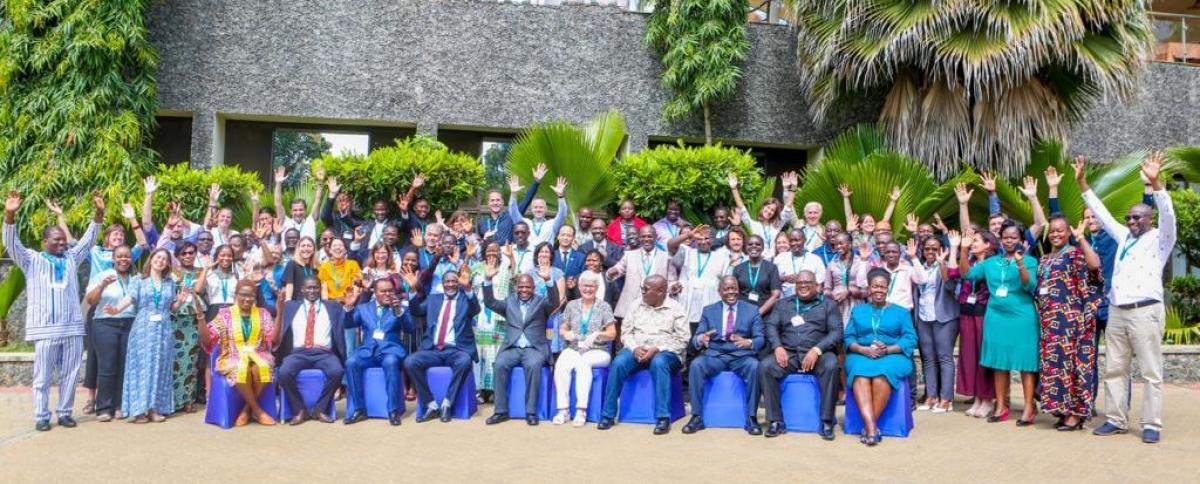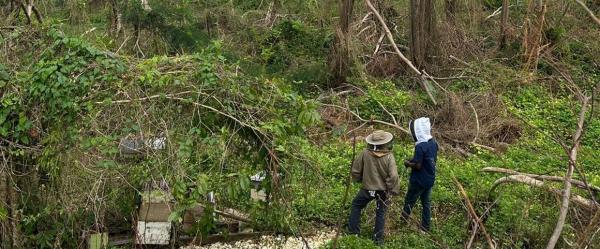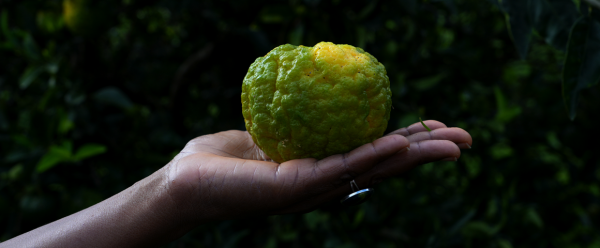Science at work 14 January 2026
- Home
- CIRAD news
- News
- 20 African and European cities are working together for sustainable food supplies
20 African and European cities are working with research for sustainable food supplies
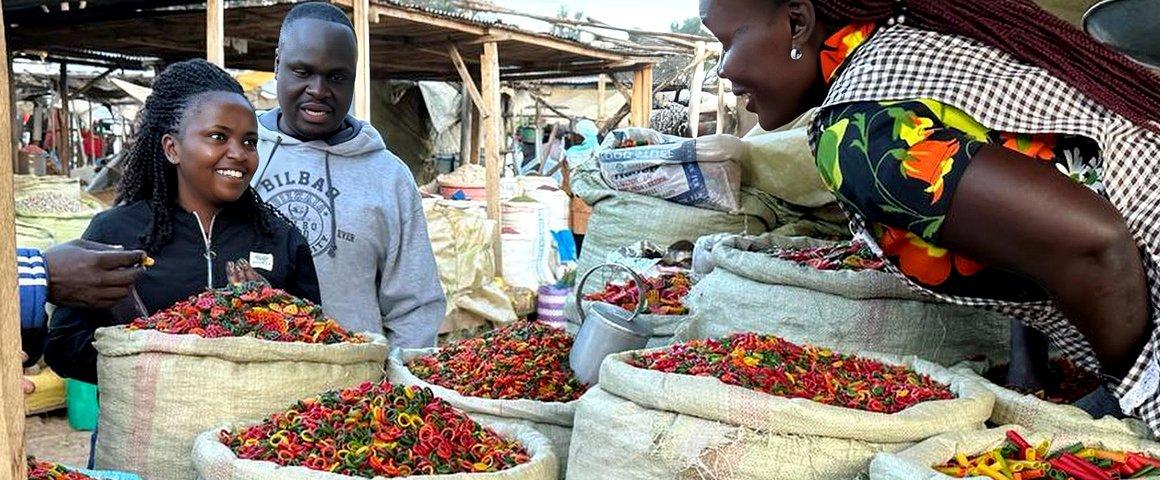
© P. Currie, ICLEI Africa
The city of Kisumu in Kenya recently hosted almost 80 participants in the AfriFOODlinks project: scientists, policymakers and municipal and development staff.
This is the first EU-funded project concerning Africa initiated, designed and led by African organizations, and by ICLEI Africa in particular (local governments committed to sustainable urban development), which is coordinating the project from Cape Town, South Africa. In all, 26 organizations, mostly in Africa, are involved in the project.
Scientific sovereignty in Africa
The partners in AfriFOODlinks are calling for scientific sovereignty in Africa and are determined to use research to benefit food system stakeholders who share values such as mutual scientific and experimental learning, social inclusion and community building, balanced collaboration, shared management of unforeseen events and consideration of the issues surrounding environmental, health, social and political sustainability.
Steering food ecosystems towards greater equity and sustainability
The project aims to test changes in urban food environments to foster universal access to health, nutritious food, speed up the development of food processing and distribution activities managed by women and young people, and promote cross-sectoral governance of urban food policy in five African cities: Cape Town (South Africa), Kisumu (Kenya), Mbale (Uganda), Ouagadougou (Burkina Faso) and Tunis (Tunisia).
Five European cities, including Montpellier, and ten others in Africa* will be taking part in the discussions and building on their experiences. This will fuel debate within a network of more than 45 conurbations worldwide: the signatories of the Milan Urban Food Policy Pact through which they have committed to urban policies in favour of sustainable food.
Along with the African Population and Health Research Centre (APHRC, in Nairobi), CIRAD is coordinating a component of the project devoted to testing changes in food environments and analysing their effects on consumers and small-scale food processors.
A lesson from Africa about a different way of working together
After six months and numerous remote meetings, the partners were at last able to meet face to face. The week was packed with surprisingly original activities. A range of interactive exercises gave priority to building trust and cooperation between participants and establishing and practising ethical values and responsibility in terms of gender and intersectionality in all of the project's activities, as its founding principles. This was an object lesson from Africa about a different way of practising research and cooperation.
* Antananarivo (Madagascar), Arusha (Tanzania), Bukavu (DRC), Dakar (Senegal), Lusaka (Zambia), Niamey (Niger), Quelimane (Mozambique), Rabat (Morocco), Tamale (Ghana), Windhoek (Namibia).

























